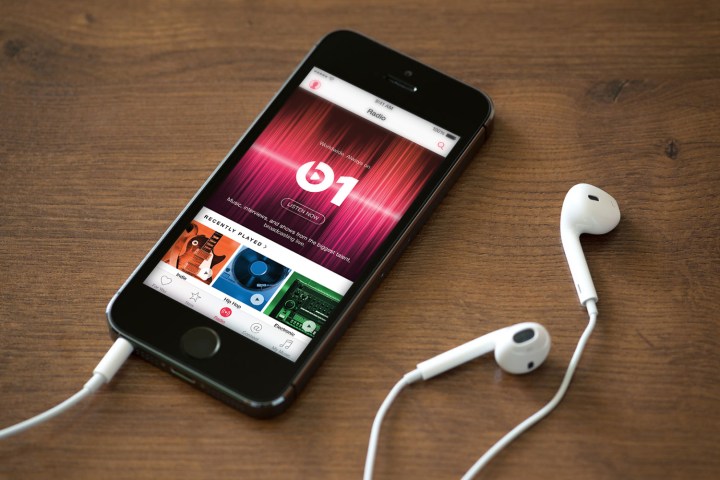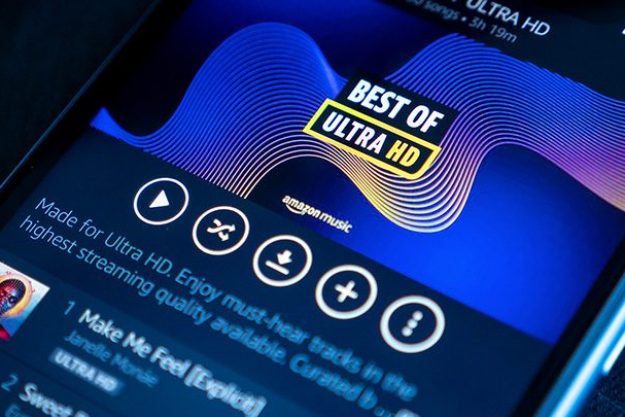
Let there be no mistake: Apple is intent on adding as many subscribers to its Apple Music service as it can, and it’s asking its existing subscribers to help with the recruitment process. The company recently started sending app-based notifications to its members encouraging them to give their friends one free month of Apple Music, according to 9to5mac.com.
Tapping on the notification brings you to a page that lets you send a friend a complimentary one-month pass for Apple Music, which will work even if that person had previously used Apple’s free trial period and never signed up or, perhaps, signed up and then left the service. If your friend is in the midst of their three-month free trial, sending them the free pass adds a month to that free period. If your friend is already a paying subscriber, they’re not eligible and it doesn’t apply to family plans.
What’s a little less clear is what happens once the free month is done. Apple’s text reportedly reads, “Renews automatically after one month (or one month after trial, if trial-eligible),” which we’re assuming means that your friend will need to provide payment info before getting the free month and that they will be automatically billed for any time following that month, unless they cancel beforehand.
Though the tactic is clearly annoying some Apple Music subscribers, sending some on a hunt to figure out how to disable future app notifications, it could yield the desired effect. The last official subscriber count we have for Apple Music is 50 million (May 2018), but according to Statista, Apple Music had acquired 56 million subscribers by the end of November 2018. If only 5 percent of those people take advantage of the offer, it could result in as many as 2.8 million new free trial listeners. Apple has an enviable record of being able to convert its free users into paying users, tripling the rate at which Spotify is able to convert its free users. So this could turn into one of the lowest costs of acquisition for new subscribers that Apple has ever had to pay: One notification; millions of potential new paying subscribers.
If you’re one of the lucky people to be sent the free offer, here’s everything you need to know about Apple Music. Also, don’t forget that you now listen to Apple Music without data charges, on virtually every American Airlines flight. If it turns out that none of this will keep you on Apple’s monthly billing cycle, here’s how to cancel your subscription.
Editors' Recommendations
- Tidal vs. Spotify: Which music streaming service has the features you need?
- Apple (and Messi) offering a monthlong trial of MLS Season Pass
- Spotify adds music videos for Premium users in a handful of countries
- Apple reportedly had 2 million subscribers to MLS Season Pass in 2023
- How to get Netflix for free


